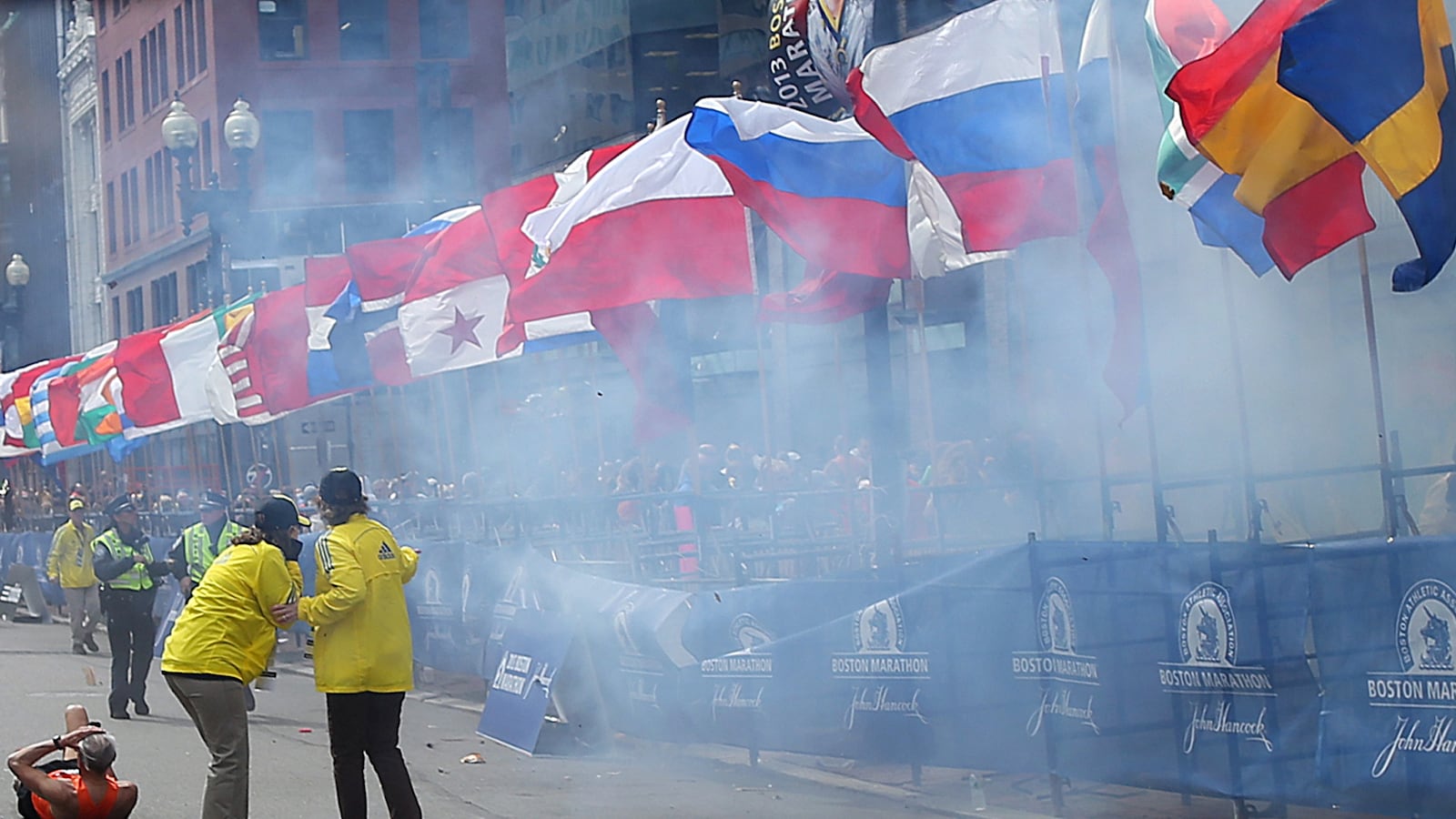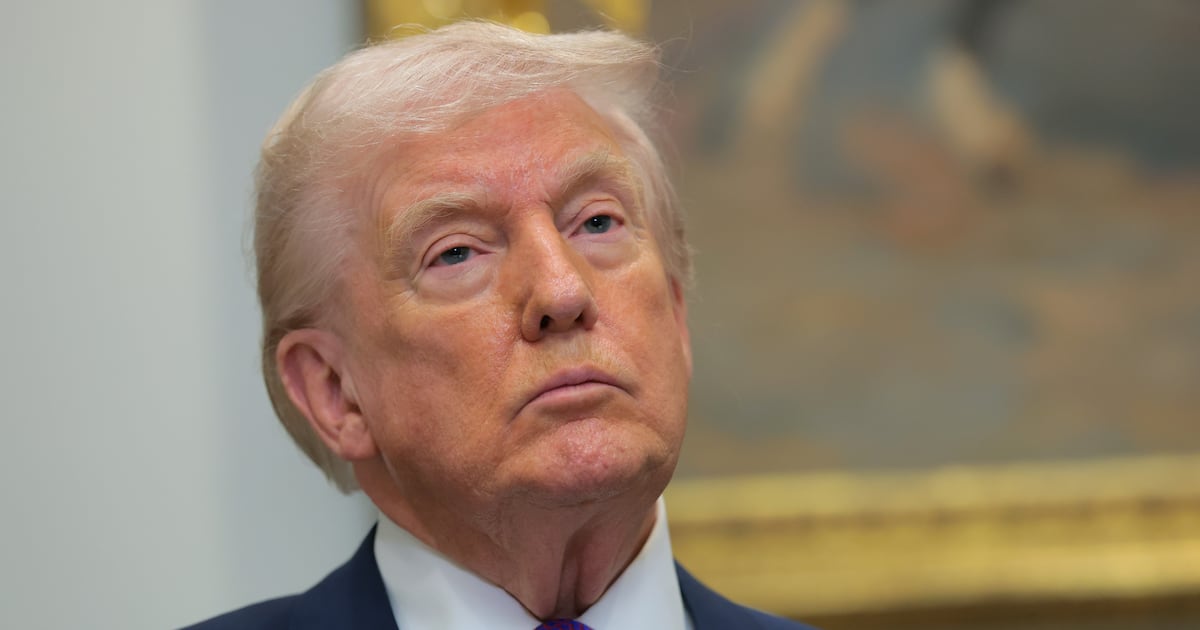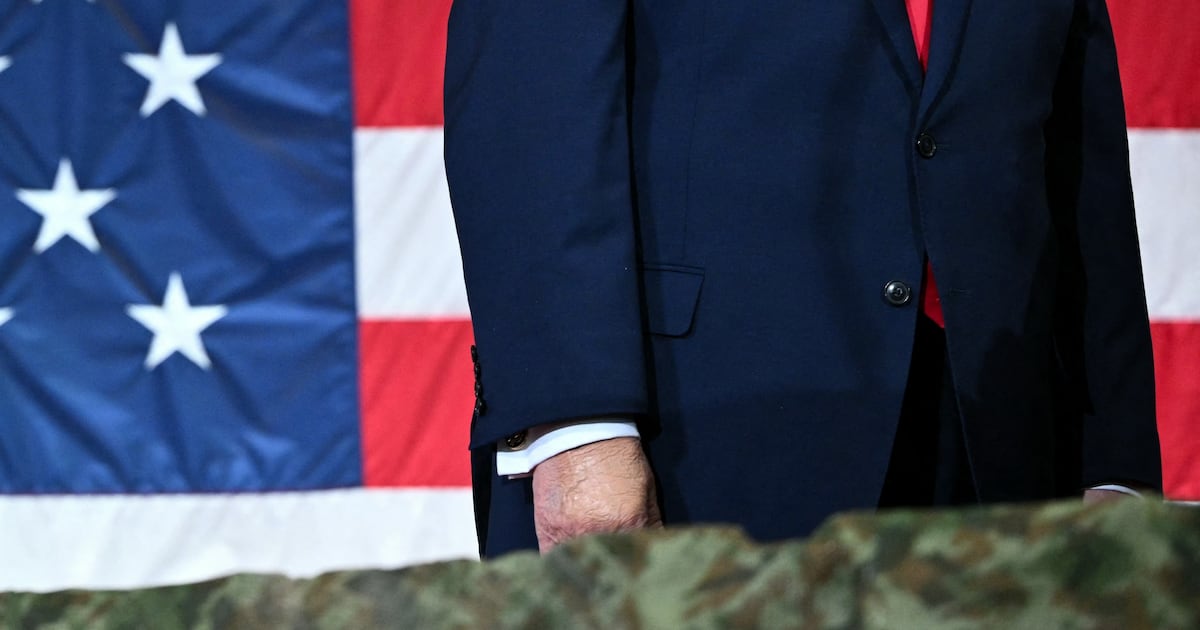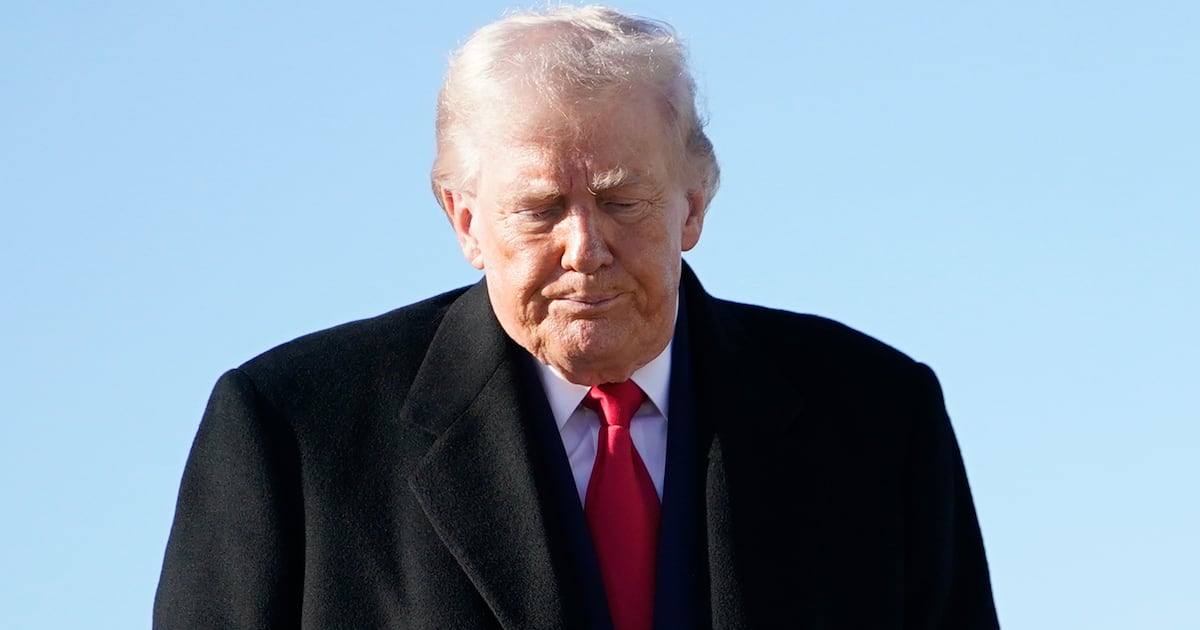Roughly a decade ago, in the aftermath of the September 11 attacks, FBI Director Robert Mueller predicted that the United States would soon face the kinds of frequent small-scale bombings perpetrated frequently abroad by Hamas and Hezbollah. He considered the attacks nearly certain.

For a decade, Mueller was wrong—and I’m sure he was more than happy about it. Boston, however, has sadly and belatedly proven him right, at least to a degree. But how can we lower the odds of similar attacks in the future?
Of course, other attacks big and small have occurred in the Western world during the past 10 years—above and beyond the very frequent ones in Iraq, Afghanistan, Pakistan, and now Syria. There was the train attack in Spain in 2003, and then the London subway bombings in 2005. There have been various attempted attacks in the United States, particularly during the past five years, most of them thwarted—the Zazi New York subway attempt of 2009 and the “underwear” bomber" later that year on a plane approaching Detroit; the 2010 Times Square bombing; the printer-cartridge attempted bombing on cargo aircraft. And of course we have had numerous mass shootings, America’s own form of large-scale terrorist violence. Of these, the Ft. Hood shootings in 2009 were linked to al Qaeda but others generally were not.
So terrorism and large-scale violence have never really gone away. But the Boston bombings are still somewhat unusual for their lethality and success in America. In scale they are nothing like Oklahoma City, of course, but they were worse than the infamous 1996 Atlanta Olympics bombing. And it has been quite a while since those two tragedies, as well as the first World Trade Center attacks of the same time period and of the 9/11 attacks themselves. So there is a certain surprise in a successful bombing on U.S. soil, even though after we think about it for a while, most of us are probably not that shocked that it could happen again.
Despite all the efforts since 9/11 and before on the intelligence and homeland security fronts, some attacks will get through (even if we also stop a lot of them before they happen). This is not because anyone has let down their guard; it is because the materials needed to make bombs (or shoot up public places) are not that hard to access.
While we do not need another big push to harden the country and beef up internal defenses—we continue to spend three to four times as much per year on such efforts as we did prior to 9/11—some targeted improvements are in order.
A number of specific vulnerabilities can still be identified in U.S. homeland defenses that could be addressed without busting the bank or infringing excessively on American liberties. I would rank greater protection for toxic chemical plants, better security for cargo airplanes as well as large private jets, and even more random inspections including with K9 dogs on trains and subways and at stadiums and large theaters near the top of any list.
But given the specifics of this attack in Boston, one particular issue should perhaps come to the fore—whether most local police departments are doing enough against terrorism. I do not mean in any way to suggest the Boston police were lax, or that the Patriots’ Day attacks could have necessarily been prevented by any reasonable change in procedures. But it remains a fact that few cities have done even proportionately as much as New York to introduce counterterrorism into the routine workings of their police departments.
Gotham has hundreds of officers assigned to this job. They do things like figure out which high-profile streets to close and which buildings to protect with extra effort (including asking building owners to use shatterproof glass in lower floors, monitor cars parking in below-ground garages, and elevate air intakes above street level so they cannot be easily accessed by the wrong people).
But beyond that, New York’s finest try to sniff out specific crimes and specific groups or individuals before they strike. They develop intelligence information on suspicious groups within their jurisdiction and, at times and with reasonable cause, investigate their actions or dealings or associations. They often roll up plots before they can be hatched. And in the end, this is the only way to do business—the only method by which the odds work in our favor, rather than against us.
The FBI has joint terrorism task forces in numerous cities around the country, but these are not enough. Only police forces really know their cities and can use their instincts to determine when a shady actor or character is more likely a terrorist than a regular criminal. We need to make the counterterrorism mission more a part of their regular work than is often the case in America today.
Uncle Sam can incentivize this kind of effort with steps like offering matching funds to police departments that wish to create counterterrorism units. More generally, we need to use a moment like this to reopen the debate and ask if there is a bit more we can realistically do to lower the odds of the next attack happening soon—and being even worse, perhaps, than the Boston one.






